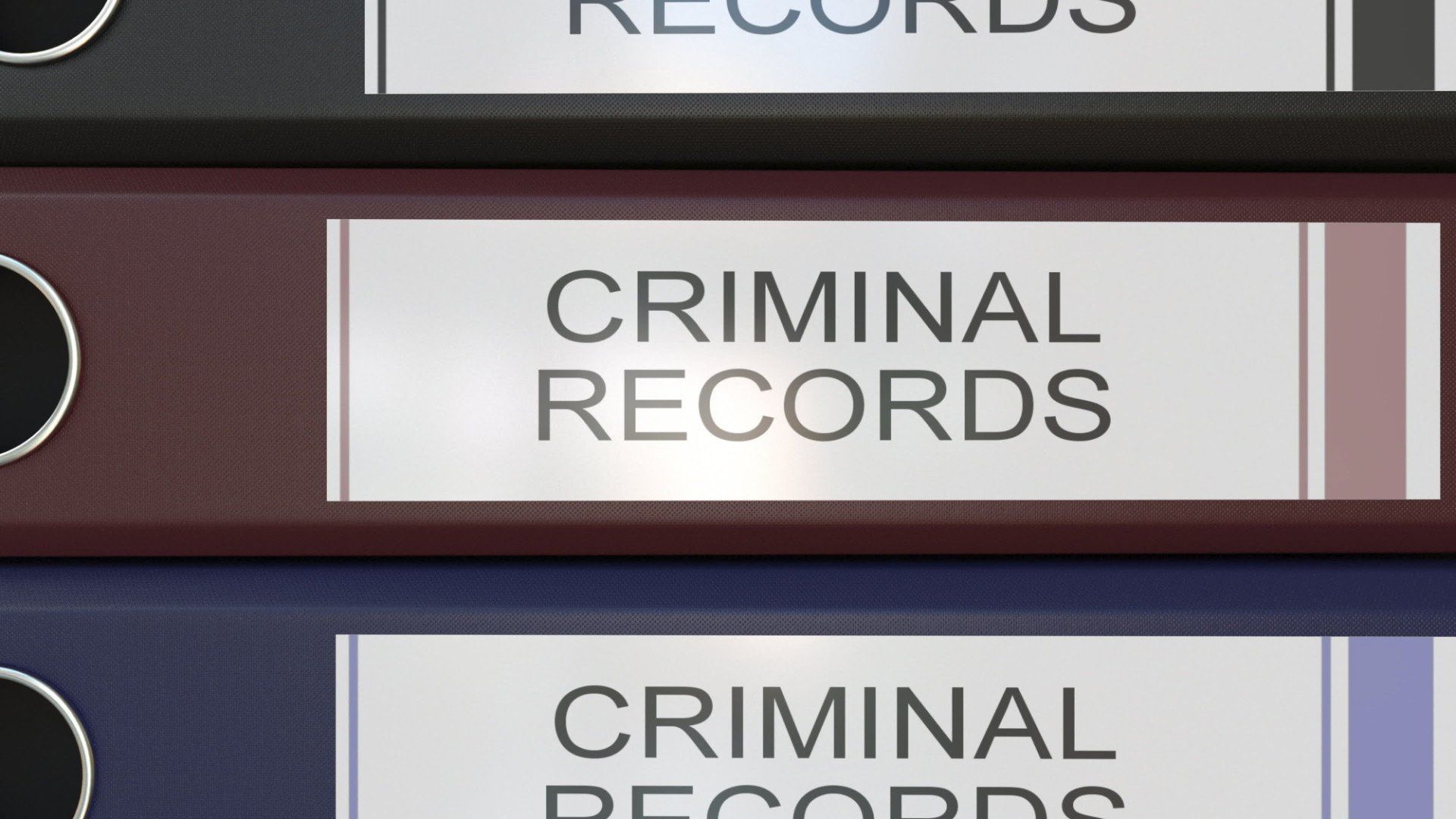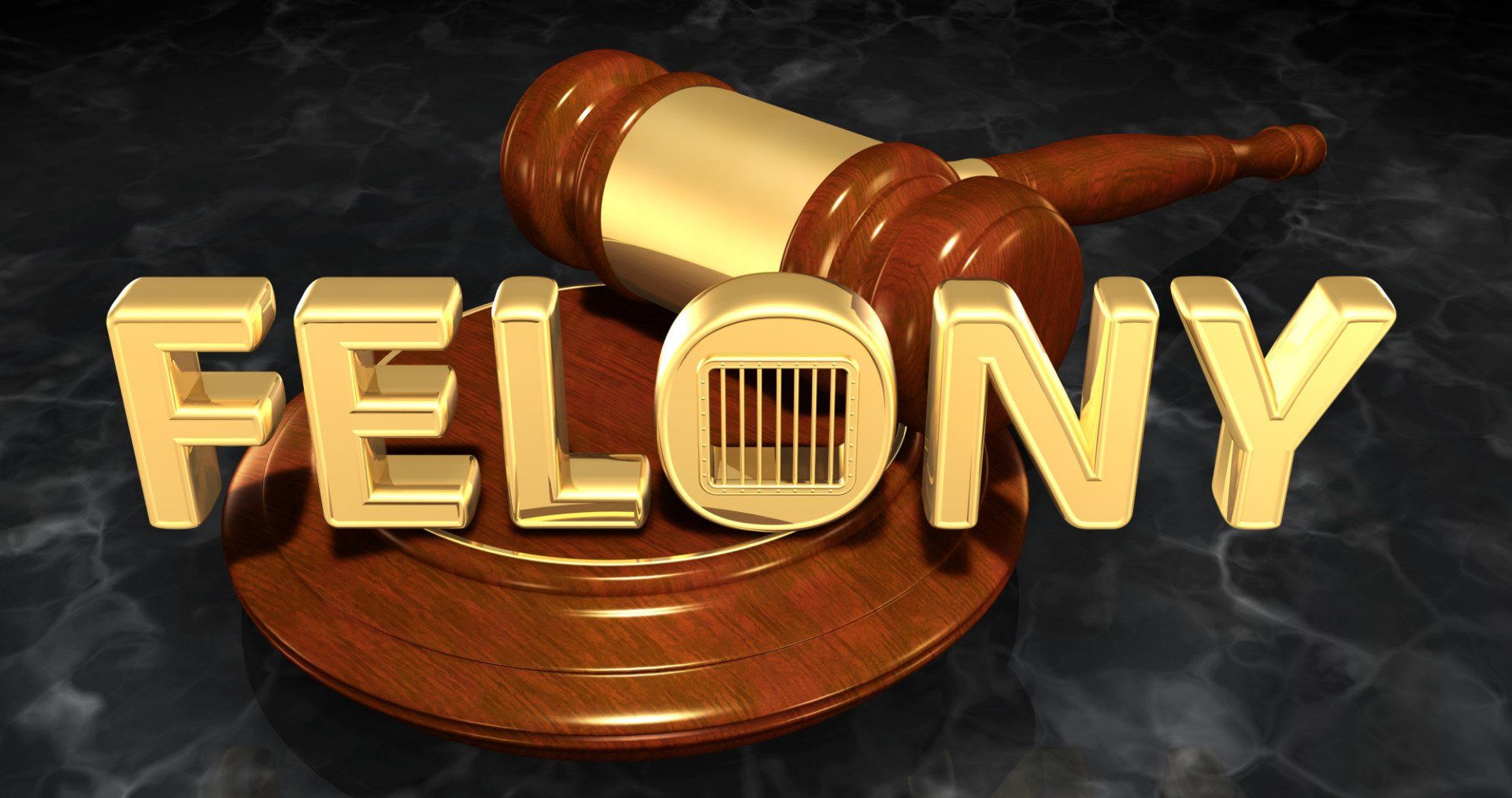Blog Layout
Estate Planning Checklist: What to Discuss With Your Estate Attorney
Mar 12, 2020

The AARP reported in 2017 that 60% of all Americans
had not written a will. Having a will or trust is one of the key documents in an estate plan. Have you written yours?
It's true that estate planning involves more than just planning for what will happen after your life ends. It also covers preparing for any periods of time where you become mentally incompetent to legally make some important decisions for yourself.
Thinking about these types of things is never easy but putting your intentions down in writing can bring you peace of mind.
Using an estate planning checklist can help ensure that you get all your bases covered. Here are items to consider when discussing your estate plan with your attorney.
It's true that estate planning involves more than just planning for what will happen after your life ends. It also covers preparing for any periods of time where you become mentally incompetent to legally make some important decisions for yourself.
Thinking about these types of things is never easy but putting your intentions down in writing can bring you peace of mind.
Using an estate planning checklist can help ensure that you get all your bases covered. Here are items to consider when discussing your estate plan with your attorney.
Name a Guardian for Your Children
Make sure your children will be taken care of by someone you trust in the event that you cannot. You can list a specific person or persons in your will that you would like to be their guardian. Talk to the person you would like to have be their guardian to confirm they would be willing to take on the responsibility.
Medical Care Directives
A medical care directive details your preferences in advance to dictate how you would like to be cared for if certain medical situations arise. You can also name a person to make medical decisions for you in the event you lack the mental or physical ability to do so.
Powers of Attorney
Powers of attorney give the person you designate the right to act on your behalf during periods of incapacitation. You can choose to create a financial power of attorney and limited powers of attorney.
A financial power of attorney gives the person the ability to handle your finances. This can help make sure your household bills get paid on time, your taxes get filed, and other monetary obligations get taken care of.
Limited powers of attorney can be used to allow another person to take care of specific tasks. Such as buying, selling or disposing of real property, investments, or items of personal property.
A financial power of attorney gives the person the ability to handle your finances. This can help make sure your household bills get paid on time, your taxes get filed, and other monetary obligations get taken care of.
Limited powers of attorney can be used to allow another person to take care of specific tasks. Such as buying, selling or disposing of real property, investments, or items of personal property.
Estate Tax Laws
Federal and state laws can tax property that is distributed upon your death. You may be able to save your beneficiaries money based on how and when your property is distributed.
Federal estate taxes are the same for everyone, of course, but the estate taxes vary widely. For example, Texas does not currently have an estate tax but other states do. Your estate lawyer can let you know if there are any other taxes that may apply to your specific circumstances.
Federal estate taxes are the same for everyone, of course, but the estate taxes vary widely. For example, Texas does not currently have an estate tax but other states do. Your estate lawyer can let you know if there are any other taxes that may apply to your specific circumstances.
Put Your Wishes in a Will or Trust
Prior to visiting your estate attorney to develop your estate plan, take time to put together a list of your assets and consider who you would like to receive them upon your death. Having this information together will help you and your attorney decide whether you need a will or a living trust (or both).
In either a will or trust, you can formally designate who your beneficiaries are and list the property they will receive.
However, trusts can give you possible estate tax savings and provides for the administration of your estate's directives. You can also appoint a trustee who will handle its administrative tasks.
A trust also allows you to provide for financial assistance to children or other people you designate. You can also postpone distribution to a beneficiary until a particular time. Such as when they reach a certain age or finish college.
Trusts can be revocable or irrevocable. If you create a revocable trust, it means you can amend the trust at a later time or choose to dissolve the trust.
If you create an irrevocable trust, you cannot make any changes to the trust. The advance of making an irrevocable trust is that it can offer tax advantages.
Using a trust can help your estate avoid going through probate, but the creation of a trust can sometimes be more expensive. However, it will also save your estate the money it would pay to have the will's veracity proven in court.
In either a will or trust, you can formally designate who your beneficiaries are and list the property they will receive.
However, trusts can give you possible estate tax savings and provides for the administration of your estate's directives. You can also appoint a trustee who will handle its administrative tasks.
A trust also allows you to provide for financial assistance to children or other people you designate. You can also postpone distribution to a beneficiary until a particular time. Such as when they reach a certain age or finish college.
Trusts can be revocable or irrevocable. If you create a revocable trust, it means you can amend the trust at a later time or choose to dissolve the trust.
If you create an irrevocable trust, you cannot make any changes to the trust. The advance of making an irrevocable trust is that it can offer tax advantages.
Using a trust can help your estate avoid going through probate, but the creation of a trust can sometimes be more expensive. However, it will also save your estate the money it would pay to have the will's veracity proven in court.
Where to Store Your Estate Documents
Make sure your estate planning documents are kept somewhere that will keep them safe and available to those who need them when the time comes. You can choose to keep copies at home in a safe or fireproof box. You can also have your attorney keep copies, put copies in a safe deposit box at the bank, or give a copy to someone you trust to hold for you.
Amending/Reviewing Your Estate Plan
Once you have prepared all your estate planning documents, make a plan to review them regularly with your attorney. Life events such as marriage, deaths, and births can change who you want to benefit from your estate. You may also need to make changes to conform to changes in state and federal laws.
Don't Delay Putting Together Your Estate Planning Checklist
No one can predict the future, so it is best to get the documents listed in your estate planning checklist prepared sooner rather than later. Depending on the details of your individual estate plan, there may be other matters you need to consider than those listed here. Your estate lawyer will be able to assist you in making sure all the necessary plans are completed.
Contact us to set up an appointment to discuss your estate plan. We're here to answer any questions you have.
Contact us to set up an appointment to discuss your estate plan. We're here to answer any questions you have.
Share
Tweet
Share
Mail
Wyde Law Blog and Case Studies
By Dan Wyde
•
20 Feb, 2024
PRESS RELEASE FOR IMMEDIATE PUBLICATION

By Dan Wyde
•
05 Oct, 2023
If you have been arrested for DWI in the Dallas Fort Worth area then you have only 15 days from the date of your arrest to request an Administrative License Revocation ( ALR ) hearing. Otherwise your driver's license will be suspended. This is NOT a court date or any date you may have received on your citation. This legal process can be confusing so contact us today by email ( go here ) or calling our office at (214) 521-9100 . Do not lose your right to drive. Call us today so we can help you keep your privilege to drive.
By Dan Wyde
•
18 Apr, 2023
D id you know that in the State of Texas there exists the possibility of a bank not paying out to beneficiaries who are designated on the account's signature card for an account listed as a " Payable On Death " (POD)? Our firm has handled such situations as they rare, and they don't fall under a testamentary asset - meaning that they are not subject to the probate courts. Recommending that clients convert their regular checking and savings accounts to have a POD designation often is used in estate planning , but this converts a testamentary asset into one of the few non-testamentary assets like a term life insurance policy. Several sections of the Texas Estates Code apply here including: Section 113.52 Rights Of Creditors Section 113.04 Types Of Accounts Many others Upon the death of the account holder, the named beneficiary(ies) should receive the remaining funds in the account subject to Texas regulations. So why would the named beneficiary not get access to the funds, especially if there is no lawsuit from other family members or creditors? One of the ways this may happen is when the signature card was signed, dated, and had the named beneficiary(ies) with the payable on death account designation at a bank which later was acquired. While the acquiring bank should have safeg0uards to ensure that the most recent signature card is properly reflected in their computer systems, the ultimate factor is the actual signature card itself. Older account holders may have signed a physical signature card at the original bank, and then they never signed a new signature card (another physical card or digitally) with the new banking institution. Another concern some people have with POD accounts is that the decedent may have named the checking/saving account's beneficiaries in one's Last Will & Testament; but the signature card on file with the bank has a different beneficiary. Since the POD-designated account no longer is a testamentary asset, thus not subject to probate, then this can cause challenges between parties who expect to receive the remaining funds. A bank also may not follow its own steps for checking a signature card before disbursing funds to the incorrect party. Banks in Texas have a step-by-step process which must be followed for POD account fund disbursement. Any missteps in this process can cause significant problems and alter the wishes of the decent as listed on his/her original signature card. This is a complex situation due to the checking/savings account, traditionally considered an estate asset and therefore subject to probate, when the exact same checking/savings account instead has the payable on death designation. Our lawyers can help you with these kinds of confusing situations and other similar estate-related, and other non-testamentary asset-related, situations. Contact us today to schedule your consultation.
By Dan Wyde
•
18 Apr, 2023
The following lists some of the kinds of charges you may face if charged with assault family violence or domestic family violence: Aggravated Assault - Serious Bodily Injury Aggravated Assault - Deadly Weapon Assault By Impeding Breath Or Choking Continuance Violence Against The Family Assault - Bodily Injury / Indecent Assault Terroristic Threat Assault - Offensive Touching Emergency Protective Orders Violation Of Emergency Protective Orders If you are, or someone you know is, facing one of the charges listed above then contact us to schedule your consultation . You may learn more about these kinds of charges from the Texas Family Code, TITLE 4. PROTECTIVE ORDERS AND FAMILY VIOLENCE: Click Here

By Dan Wyde
•
18 Apr, 2023
Did you know that an "affirmative finding of family violence" includes: Being ineligible for any order of expunction or non-disclosure of records. Lifetime ban from owning or possessing any firearms. Not being allowed to be joint managing conservator of your children. If you are in a divorce or in any lawsuit then this affects the parent-child relationship. You risk being deported if you are not a U.S. citizen. There are other concerns as well, so contact us for any assault family violence or related domestic violence charges in Dallas County, Collin County, Denton County, Rockwall County or nearby Texas counties.
About us
Discover more about our firm here: About Us.
Useful Links
Register for our newsletter
Contact Us
Thank you for contacting us.
We will get back to you as soon as possible
We will get back to you as soon as possible
Oops, there was an error sending your message.
Please try again later
Please try again later
© 2024
All Rights Reserved | Website Powered by AutomationLinks





